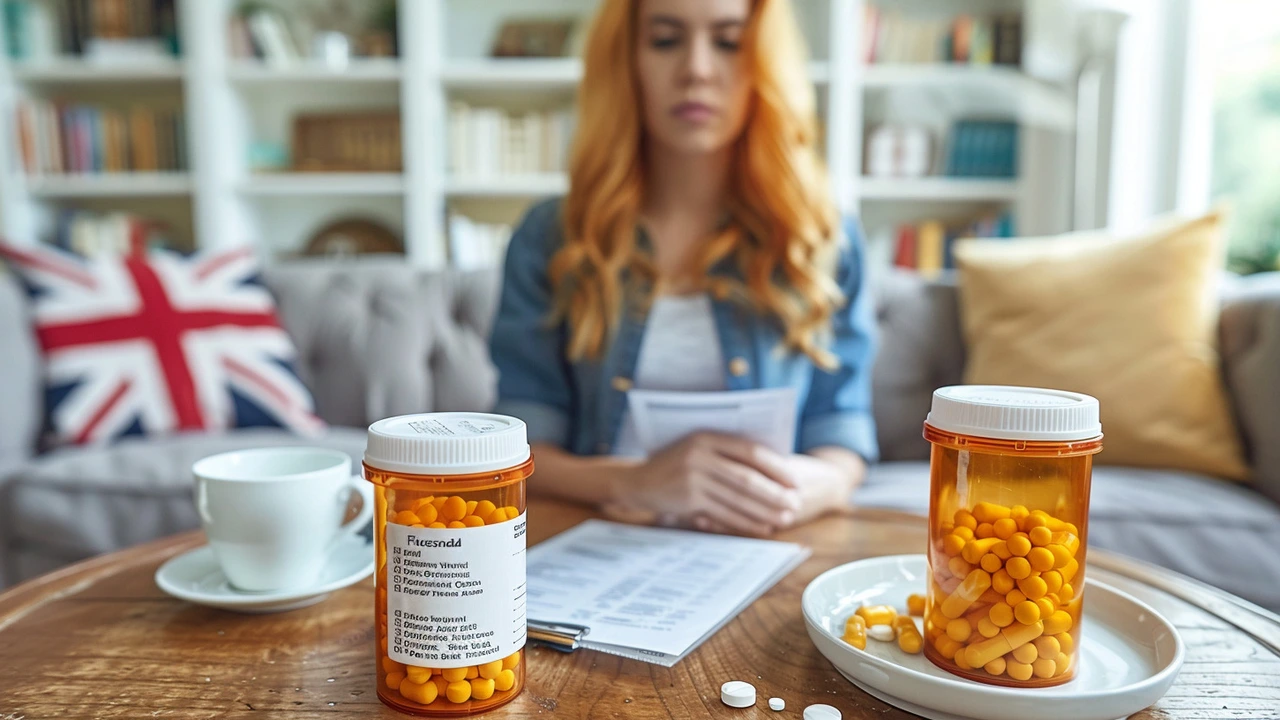Alcohol changes the way many medicines work. That can mean a pill becomes less effective, causes unexpected side effects, or in the worst cases becomes dangerous. Read this if you take any prescription or over-the-counter medicine and drink at all.
Two things usually cause trouble. First, alcohol and drugs often compete in the liver. Alcohol can speed up or slow down how a drug is broken down, so the medicine may build up to unsafe levels or wear off too fast. Second, alcohol adds sedation and confusion to other sedating drugs—so the sleepy effects stack and can affect breathing, balance, and judgment.
Watch out for these high-risk combinations: sedatives (benzodiazepines like diazepam and sleep drugs such as zolpidem), opioids and some cough medicines, many antidepressants (for example venlafaxine/Effexor), antipsychotics, certain antibiotics (notably metronidazole or tinidazole which can cause a nasty reaction with booze), blood thinners like warfarin (alcohol can change bleeding risk), and acetaminophen — the liver hit from both acetaminophen and alcohol adds up fast. People with diabetes should know alcohol can hide or worsen low blood sugar when taking insulin or sulfonylureas.
If you’re on naltrexone (Revia) to reduce drinking, know two things: it can blunt the effects of opioids (so opioid pain meds won’t work) and high doses of naltrexone can affect the liver. Tell your doctor if you drink heavily or use opioid medicines before starting it.
1) Read the label and patient leaflet. Many warnings are right there. 2) Ask your pharmacist: say what you drink and how often. They can flag dangerous mixes. 3) If a medication warns against alcohol, take it seriously — some drugs require avoiding booze during treatment and for 48 hours after (metronidazole is a common example). 4) Don’t mix alcohol with meds that make you sleepy—driving and operating machinery becomes risky. 5) If you have liver disease, pregnancy, or a history of addiction, avoid alcohol or follow tight medical supervision.
Timing helps: a single drink today won’t react the same with long-term drinking patterns. Chronic heavy drinking changes liver enzymes and can alter doses you need. If you stop drinking suddenly while on some drugs, withdrawal and drug interactions can both be harmful—get medical advice.
Seek urgent help if you or someone else becomes extremely drowsy, has trouble breathing, is confused or hard to wake, vomits blood, or shows yellowing of the skin/eyes. For non-urgent concerns—like whether it’s okay to drink a few drinks with a new prescription—call your pharmacist or prescriber and be honest about how much you drink.
Want more detail? Look up the medicine name on TotalCareMart Pharmaceutical Guide for interaction notes and patient tips. If you buy meds online, use trusted pharmacies and keep a current medication list to show your pharmacist. Small checks now can prevent serious problems later.

Mixing medication with alcohol can be risky, and Fluconazole is no exception. This article delves into whether it's safe to consume alcohol while taking Fluconazole, highlighting potential risks, effects, and what you should do. Get informed to make the best decision for your health.